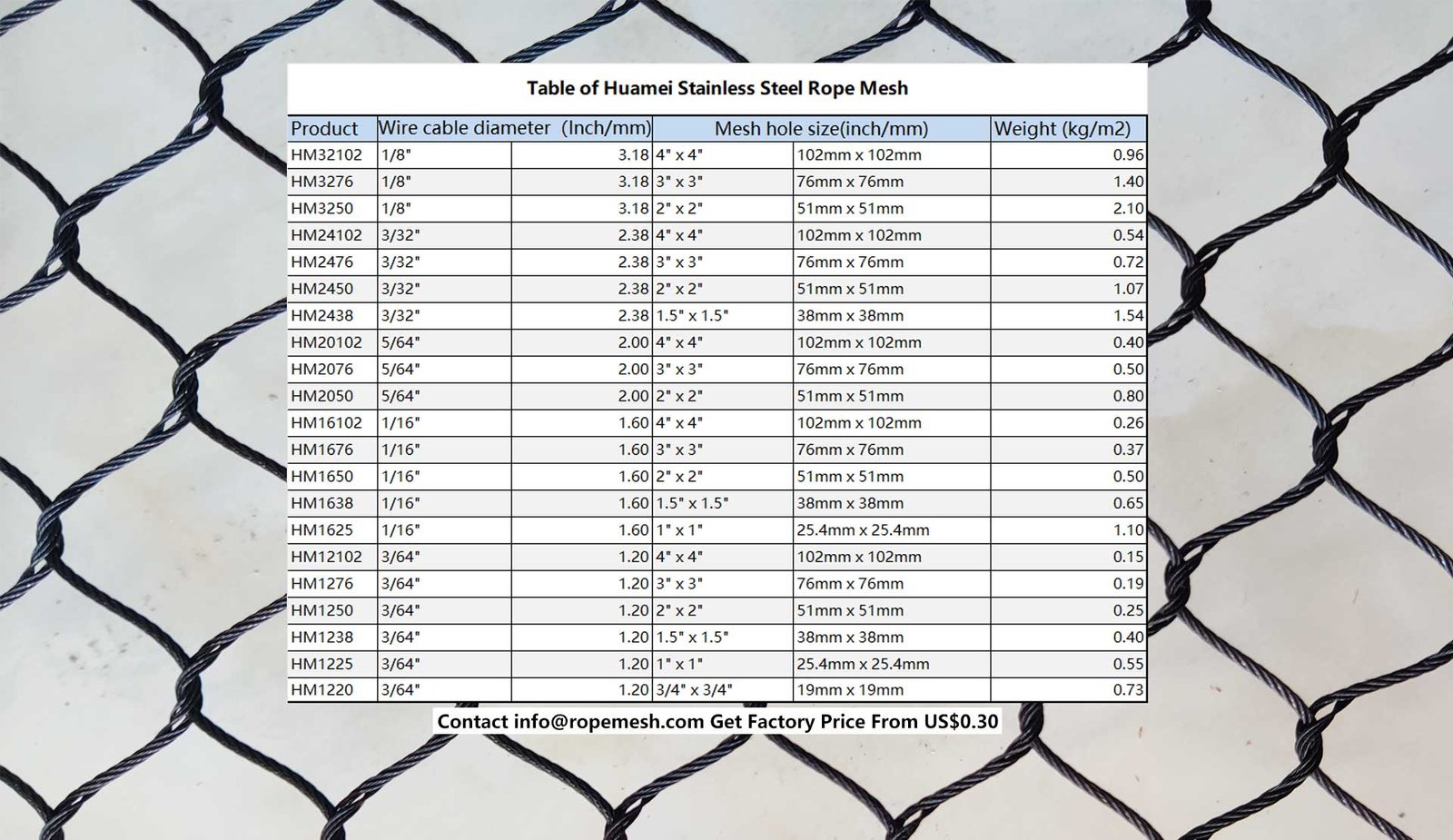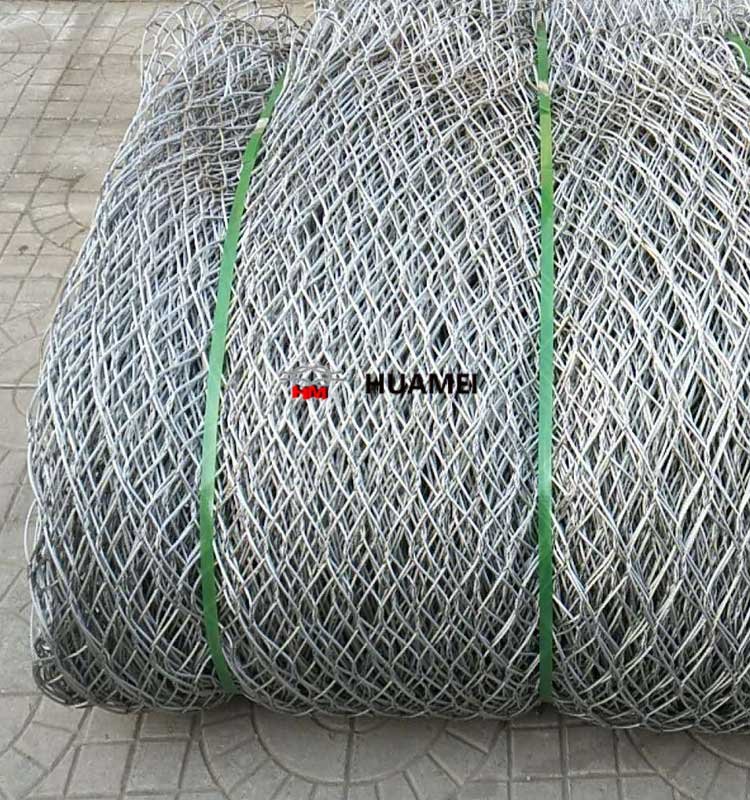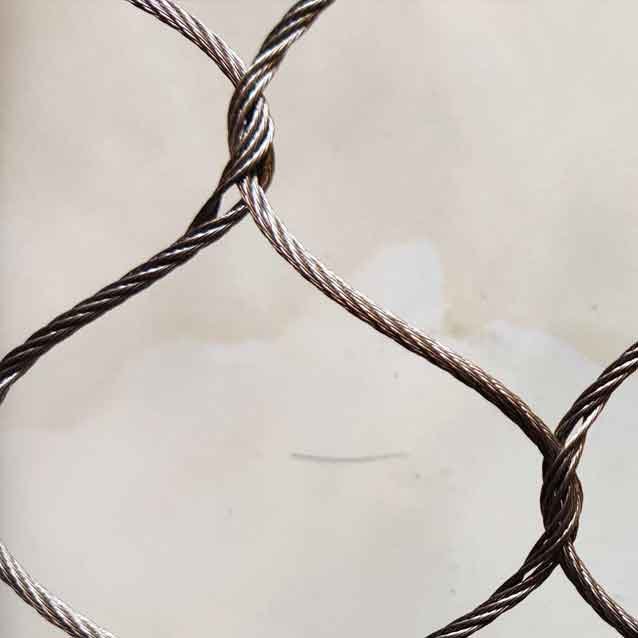Introduction to Farming Fencing Supplies
Fencing plays an integral role in the realm of farming, serving multiple functions that are essential for the successful management of agricultural operations. One of the primary advantages of proper fencing is its ability to protect livestock and crops. By implementing high-quality fencing solutions, farmers can effectively prevent animals from straying or becoming exposed to dangerous external elements while simultaneously safeguarding crops from wildlife that may cause damage. This critical barrier serves to maintain the health and productivity of both livestock and agricultural produce.
In addition to the protection of animals and crops, farming fencing supplies are vital for enhancing overall property security. A well-constructed fence acts as a deterrent to potential intruders and thieves, ensuring that valuable farming equipment and produce remain safe. As farming enterprises often involve significant investments in terms of land, machinery, and livestock, the importance of secure boundaries cannot be overstated. Farmers can rest assured that their assets are protected when investing in high-quality fencing supplies.
When considering which farming fencing supplies to invest in, it is clear that a myriad of options exist, ranging from traditional wooden fences to modern solutions like stainless rope mesh and barrier fencing. These materials come with a variety of advantages, including durability, maintenance ease, and aesthetic appeal. Understanding one's specific needs is paramount when it comes to choosing the right fencing solutions, ensuring the long-term effectiveness of the farm's perimeter security and productivity.


